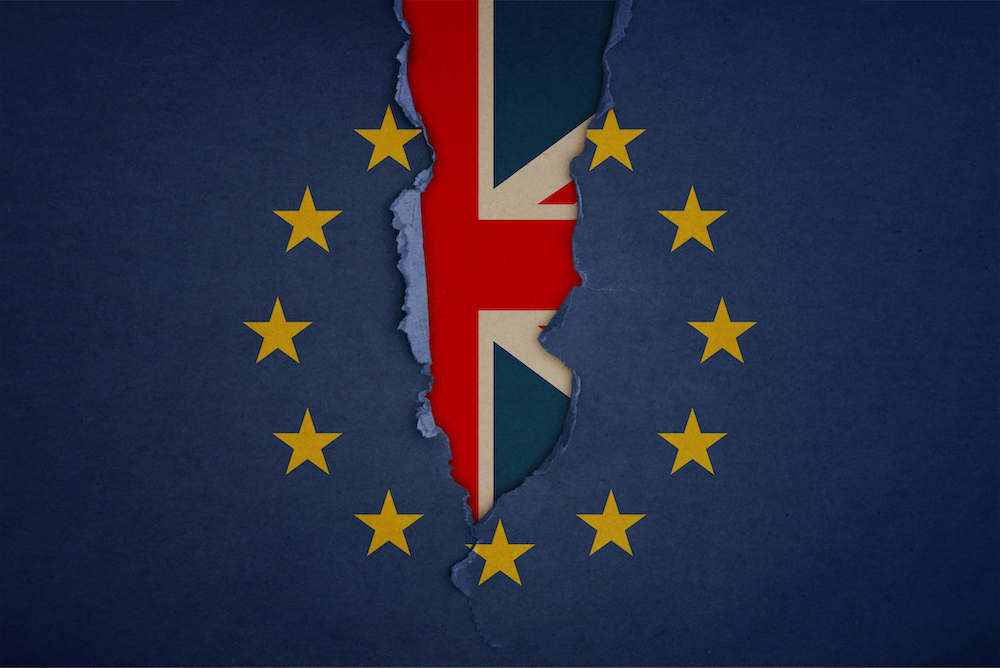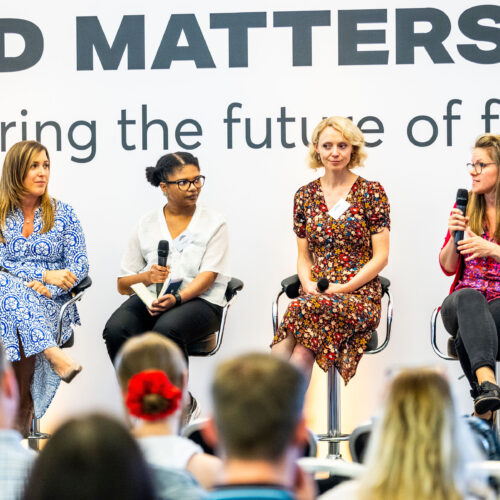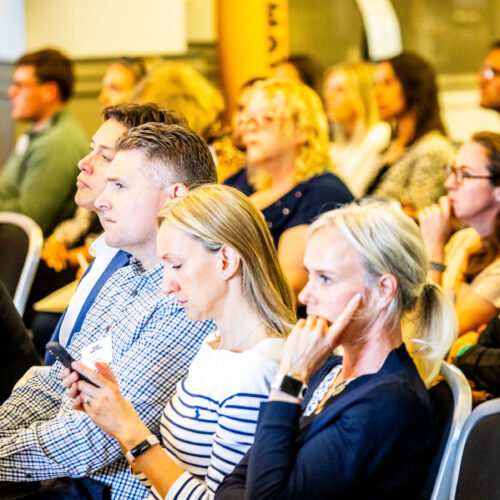What will be the impact of Britain’s withdrawal from the EU on food standards in the UK?
When the Brexit referendum was held, trade was trumpeted as a great benefit. No longer would the UK be constrained by EU deals; the country could sign trade agreements with whomever it wanted.
Almost immediately, concerns were raised about the effect on food standards, food quality and animal welfare. Consumers and farmers would suffer, it was said.
Well, several years on, those trade deals are slowly emerging, and the warnings have returned.
A recent focus has been the big trade deal signed with Australia, which eliminates tariffs on a vast range of products, including lamb, beef, sugar, and dairy.
The Australia deal was the first to be built from scratch, most others have rolled over from what the UK had when it was in the EU, or in some cases deals have been slightly extended.
The brand-newness of the Australia deal makes it significant. But how big a deal is it and how significant is the food and farming sector within it?
Critics say the Australia deal is bad news for British agriculture and environmental standards.
The policy paper from government said “imports will still have to meet the same food safety and biosecurity standards as they did before.
“For the UK this means, for example, that imports of hormone-treated beef will continue to be banned.”
And it’s not just food standards that people are worried about. The RSPCA says the UK has higher legal animal welfare standards than Australia in virtually every area.
The National Farmers Union has warned that UK producers cannot compete with Australia’s vast cattle and sheep stations.
So where does the truth lie? And what might the real impact of post-Brexit trade deals be on the UK food sector?
Dr Marco Springmann, Senior Researcher, Nuffield Department of Population Health, Oxford Martin School
Marco Springmann is a senior researcher in the Centre on Population Approaches for Non-Communicable Disease Prevention in the Nuffield Department of Population Health, and leads the Centre’s programme on environmental sustainability and public health. He is interested in the health, environmental, and economic dimensions of the global food systems. He often uses systems models to provide quantitative estimates on food-related questions.
Marco joined the Centre in December 2013. Between 2013 and 2017, he has been a James Martin Fellow of the Oxford Martin Programme on the Future of Food to work with researchers from the Nuffield Department of Population Health, the Department of International Development, and the Environmental Change Institute, to develop an integrated model of environmental sustainability, health, and economic development. Since 2017, he is working on extending the health and environmental aspects of that model as part of the Wellcome funded project “Livestock, Environment and People” (LEAP), working closely with different departments across Oxford, as well as international collaborators, such as the International Policy Research Institute based in the US.
Marco holds a PhD in Economics from the University of Oldenburg (Germany), a MSc in Sustainability from the University of Leeds (UK), and a MS in Physics from Stony Brook University (USA). He maintains international research collaborations, and has conducted regular placements, including at the International Food Policy Research Institute (USA), Deakin University (Australia), Tsinghua University (China), the Massachusetts Institute of Technology (MIT, USA), Resources for the Future (USA), the European Investment Bank (Luxemburg), and the German Federal Ministry for the Environment (Germany). He is a Junior Research Fellow at Linacre College, and a Honorary Research Associate in the Food Systems Group of the Environmental Change Institute.
Kath Dalmeny, Chief Executive, Sustain: The Alliance for Better Food and Farming
Kath has been Chief Executive of Sustain: The alliance for better food and farming, since 2016. She is leading the alliance’s response to Brexit and its profound implications for healthy and sustainable food, farming and fishing. She is also a member of the London Food Board and helped establish the Sustainable Food Cities Network. She is a vocal advocate of high standards for food, environment and animal welfare, and champions better trading practices and government support to reward food producers and workers for all the benefits they generate. Kath instigated Sustainable Fish Cities to persuade major foodservice companies to serve only sustainable fish; and the Right to Food initiative to address food poverty systematically so that everyone can eat well. She also helps run the Campaign for Better Hospital Food, and sits on Defra’s food procurement taskforce. On a voluntary basis she serves on the board of Growing Communities, an award-winning community-run sustainable food trading enterprise based in Hackney.
Emily Lydgate, Deputy Director, UK Trade Policy Observatory
I am a specialist in international trade law and Deputy Director of the UK Trade Policy Observatory, a partnership between University of Sussex and Chatham House. My research focuses at the intersection of environmental regulation and economic integration, and the interrelation between trade, agricultural and climate policies in the EU and UK. I am a Specialist Advisor to the EFRA Committee (UK House of Commons) and have provided expert testimony for a number of UK Parliamentary Committees on implications of exit from the EU. I am also an instructor for the UK Foreign, Commonwealth and Development Office’s Advanced Diplomatic Academy.
I hold a PhD from King’s College London and an MSc (with distinction) from Oxford University. I was a Marie Curie Researcher at Bocconi University and have consulted at the United Nations Environment Programme’s Economics and Trade Branch, where I acted as a WTO liaison.
I am currently working on an EU Horizon 2020 grant project on how EU Free Trade Agreements and wider trade policy reflects the goal of securing sustainable agricultural practices, and leading on a report for the UK Committee on Climate Change on trade policy and emissions reduction. I am also on the management team of the Centre for Inclusive Trade Policy, a UK Research Council-funded centre commencing in April 2022. My research and commentary have been featured in the Associated Press, Marketplace, BBC, CNN, China Daily, Financial Times, Independent, Guardian, New Scientist, Times, Telegraph, Vice, Wired, Xinhua News, and others.







